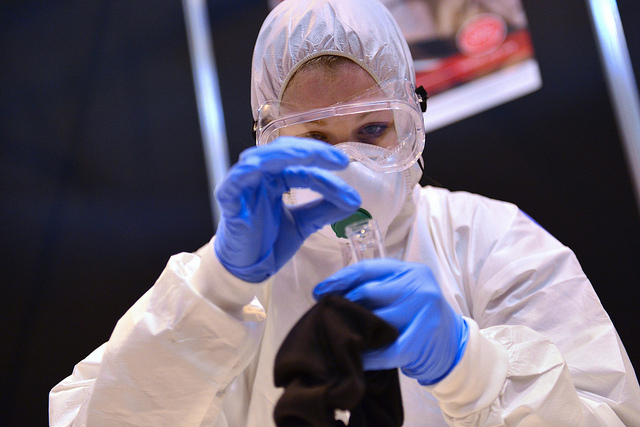Aggregated News

Behind closed doors this week, the German federal justice ministry has been discussing whether to hand police a powerful new tool involving the analysis of DNA samples. The debate is a direct consequence of the rape and murder of a medical student in Freiburg last October.
Two months later the crime became a cause célèbre: the police arrested and charged a young refugee from Afghanistan — and public fears over the million or so refugees who have arrived in Germany in the past few years erupted. Among the political responses, Freiburg’s home state of Baden-Württemberg proposed new legislation to the federal parliament to extend the ways in which police can use genetic analysis.
Wider use of genetic analysis is something that German police and forensic scientists have long wanted. Yet it is unfortunate that in a country with some 1,600 murders every year, it had to be one involving a refugee that finally sparked the proposal. And it would be more unfortunate if the political pressure to push legislation through did not allow the time needed to create a law that is...



